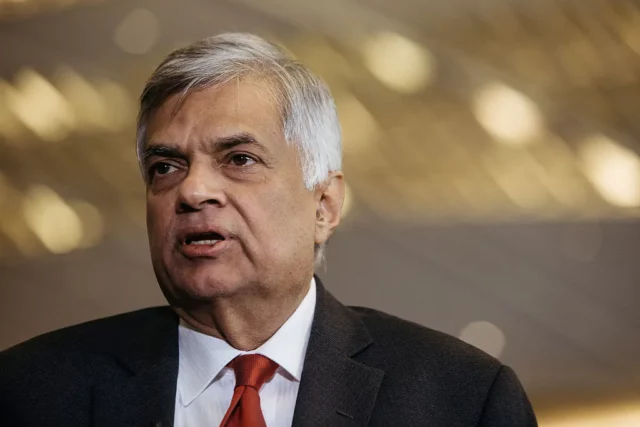NEW DELHI: The International Monetary Fund (IMF) and Sri Lankan government officials have reached a staff-level agreement to support the country’s economic policies with a 48-month arrangement under the Extended Fund Facility (EFF) of about US $2.9 billion.
“The new EFF arrangement will support Sri Lanka’s program to restore macroeconomic stability and debt sustainability, while safeguarding financial stability, reducing corruption vulnerabilities and unlocking Sri Lanka’s growth potential,” the IMF said.
It is subject to approval by the IMF management and the Executive Board, contingent on the implementation by authorities of prior actions, and on receiving financing assurances from Sri Lanka’s official creditors and making a good faith effort to reach a collaborative agreement with private creditors. Debt relief from Sri Lanka’s creditors and additional financing from multilateral partners will be required to help ensure debt sustainability and close financing gaps.
Sri Lanka is in the midst of an unprecedented economic crisis. A critically low level of foreign reserves has hampered import of essential goods, including fuel, further impeding economic activity. Inflation recently exceeded 60 per cent and the country’s economy is expected to contract by 8.7 per cent this year.
To prepare the ground for economic recovery and promote sustainable and inclusive growth, an elaborate plan has been drawn out. This includes:
- Bringing in major tax reforms, including making personal income tax more progressive and broadening the tax base for corporate income tax and VAT. The aim is to reach a primary surplus of 2.3 percent of GDP by 2024
- Introducing cost-recovery based pricing for fuel and electricity to minimize fiscal risks arising from state-owned enterprises
- Raising social spending and improving the coverage of social safety net programmes
- Restoring price stability through data-driven monetary policy action, fiscal consolidation and stronger central bank autonomy
- Rebuilding foreign reserves through restoring a market-determined and flexible exchange rate
- Safeguarding financial stability by ensuring a healthy and adequately capitalized banking system and by upgrading financial sector safety nets and regulatory standards
- Improving fiscal transparency, public financial management and introducing a stronger anti-corruption legal framework.





